Image from BBC
Venezuela has been embroiled in political turmoil for years, with opposition movements playing a crucial role in challenging the government and advocating for change. In this article, we will explore the various strategies employed by opposition movements in Venezuela and analyze their effectiveness in bringing about meaningful change.
Historical Context
Opposition movements in Venezuela have a long history, dating back to the rule of Hugo Chavez in the late 1990s. Chavez’s socialist policies and authoritarian tendencies sparked widespread discontent among various sectors of society, leading to the emergence of opposition groups.
Strategies Employed
1. Street Protests
One of the most common tactics used by opposition movements in Venezuela is organizing street protests to demonstrate against the government. These protests often attract large crowds and garner international attention, putting pressure on the government to address the grievances of the people.
- Example: The 2014 protests led by opposition leader Leopoldo Lopez drew thousands of Venezuelans to the streets to demand political reform.
2. International Diplomacy
Opposition movements in Venezuela have also sought support from the international community to pressure the government to respect human rights and democratic principles. This includes lobbying foreign governments, international organizations, and the United Nations to condemn the government’s actions.
- Case Study: The Lima Group, a coalition of Latin American countries, has been instrumental in denouncing the Maduro regime and calling for free and fair elections in Venezuela.
Effectiveness and Challenges
While opposition movements in Venezuela have been successful in raising awareness about the political crisis in the country, they have faced numerous challenges in bringing about meaningful change. The government’s crackdown on dissent, censorship of the media, and manipulation of elections have hindered the effectiveness of opposition strategies.
Opposition movements in Venezuela play a crucial role in advocating for political change and holding the government accountable. By employing a combination of street protests, international diplomacy, and grassroots mobilization, opposition groups can continue to push for democratic reforms and a better future for the people of Venezuela.
It is essential for opposition movements to remain resilient and united in their efforts to challenge the government and bring about meaningful change in Venezuela.














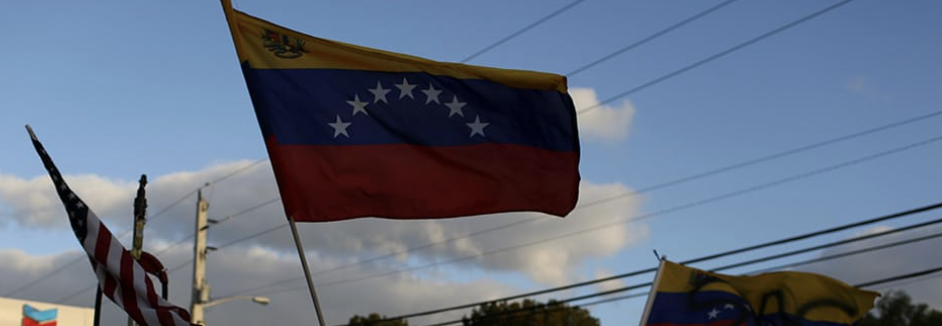
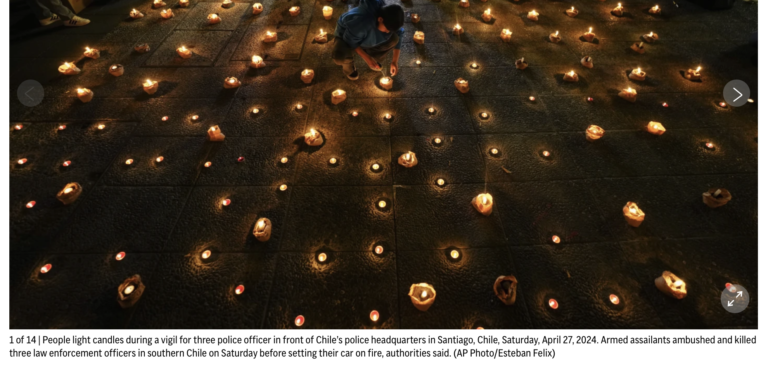
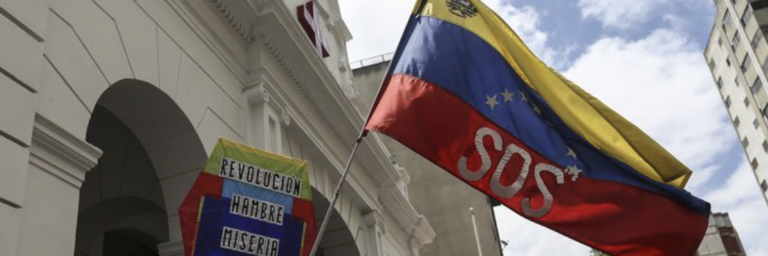
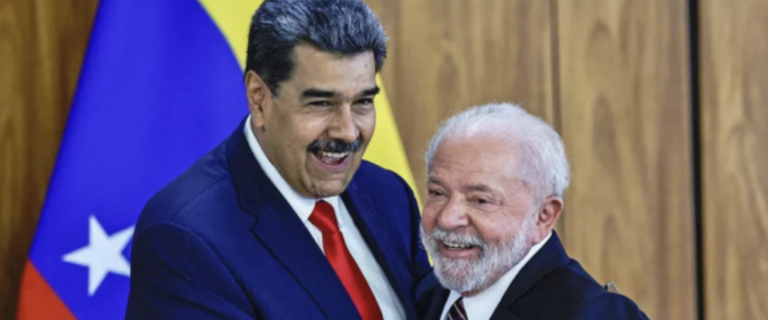
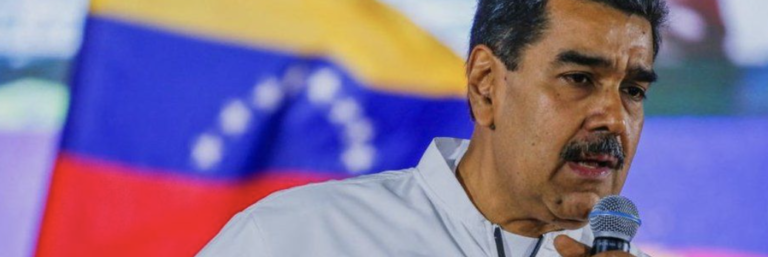
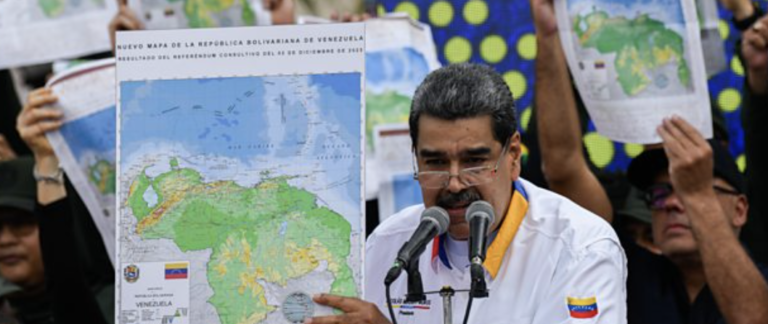
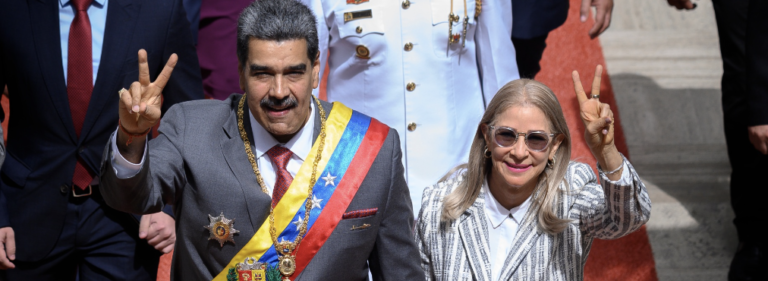
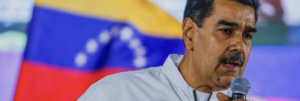
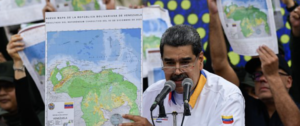








+ There are no comments
Add yours